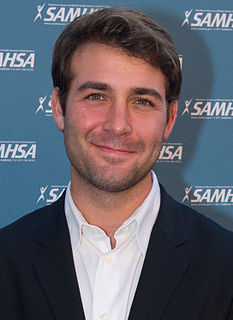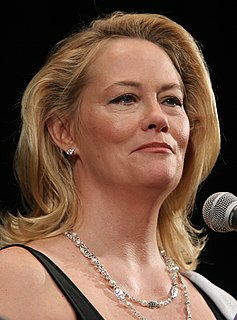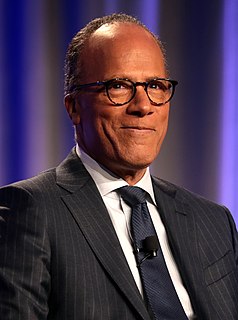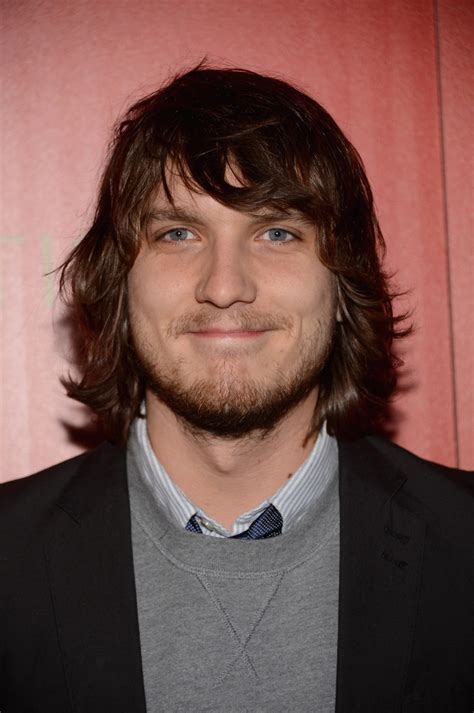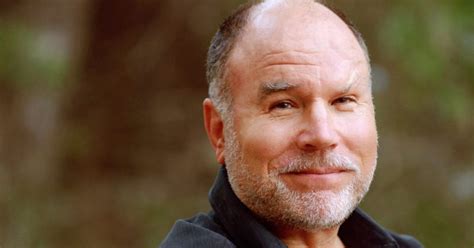A Quote by James Wolk
As an actor, you're tied to the writing. You live and die by what's written for you. And you can elevate that to a certain extent, but really, that's your blueprint.
Related Quotes
When a plane crashes and some die while others live, a skeptic calls into question God's moral character, saying that he has chosen some to live and others to die on a whim; yet you say it is your moral right to choose whether the child within you should live or die. Does that not sound odd to you? When God decides who should live or die, he is immoral. When you decide who should live or die, it's your moral right.
To be an actor, it's really tough to find your own voice because you're always tied to other characters and going to auditions and trying to get a job, hoping they'll pick you. And I think it's just so important for an actor to have something else that's creative, something that's creative and you're in charge of.
To a certain extent everybody has a certain sort of way of being a persona that they learn how to be when they're really little. They figure out that if they're really funny, or really pretty, or if they work really, really hard or are really smart, then that's what's going to get them by. That is what is going to make people like them.
You must find some way to elevate your act of writing into an entertainment. Usually this means giving the reader an enjoyable surprise. Any number of devices will do the job.... These seeming amusements in fact become your 'style.' When we say we like the style of certain writers, what we mean is that we like their personality as they express it on paper.
I think that it's worthwhile to explore the ways in which you write the person that's writing your plays as opposed to simply assuming that it's all a natural process and there's no design in it. Because your public persona is designed, to a certain extent, and you can have fun and profit at various times doing that.
Whether it's writing a monologue or writing standup or writing a screenplay or writing a play, I think staying involved in the creation of your own work empowers you in a way, even if you don't ever do it. It gives you a sense of ownership and a sense of purpose, which I think as an actor is really important.
I had to go in and do the work of toning [invented "historical" bits] down in order to make them fit [in Lincoln in the Bardo]. It's like if you're an actor and you're always overacting, well, you're a bad actor. But if you're an actor who subdues yourself to the extent that's necessary, then you're really acting.
